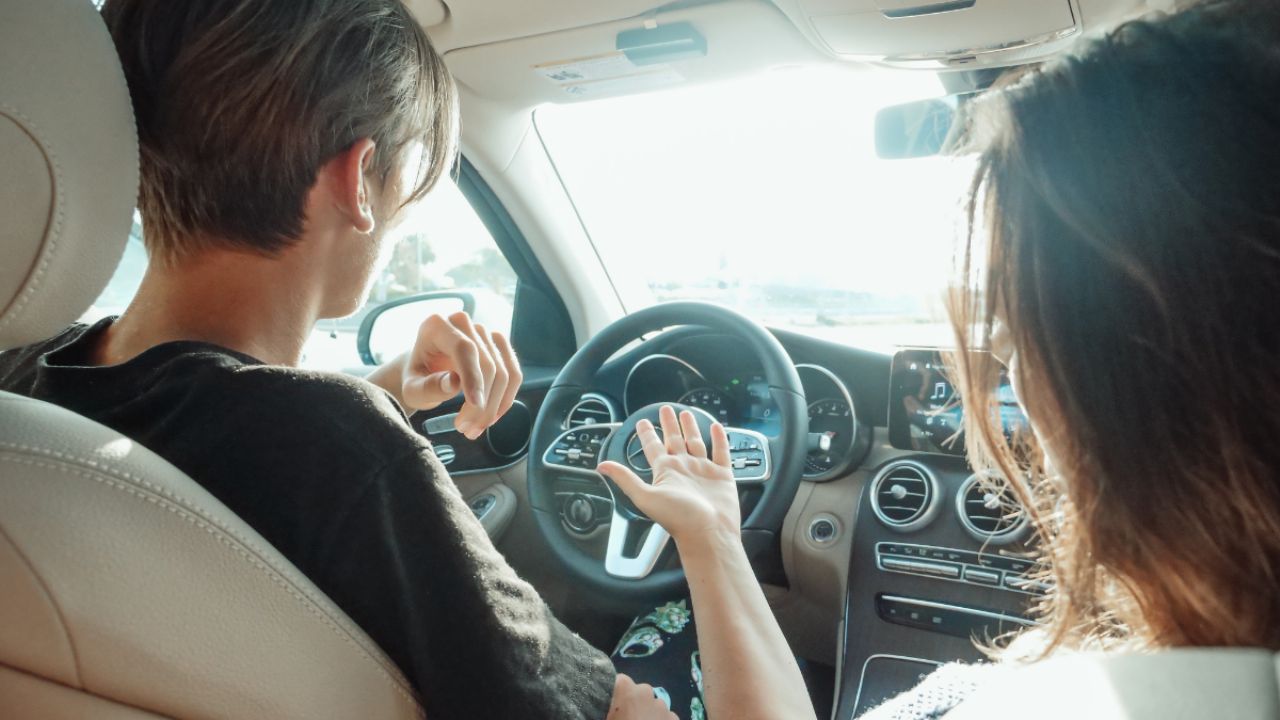The driver license It is an essential document for anyone who wants to drive a vehicle, not only in Chile, but also abroad. If you are planning a trip and are wondering if you can use your Chilean license to drive in other countries, the answer is yes, but with certain conditions and modalities that vary depending on the country you are traveling to. Currently, there are eight countries where you can drive using your Chilean license, which greatly facilitates the mobility of Chileans outside their borders.
One of the most recent agreements in this area is with Brazil, where a mutual recognition agreement for driving licenses has been reached between the two countries. countriesThis means that Chilean and Brazilian citizens can drive in either territory as long as their license is valid. However, this agreement is still pending ratification by the congresses of both countries, so it is important to keep up to date with its progress if you plan to travel to Brazil.
In addition to Brazil, there are already eight others countries that allow Chileans to drive with their local license. These countries are Colombia, Japan, Spain, South Korea, Peru, Ecuador, Argentina and Paraguay. In each of these places, the process to validate your Chilean license can vary, and it is crucial to understand the differences to avoid problems when driving.

In the case of Colombia and Japan, the Chilean license It is recognized as valid without the need to complete any additional procedures. This means that you can use your Chilean license as you would in Chile, keeping it valid and without needing to exchange it for a local license. This option is ideal for those planning short stays or temporary visits, as it allows for greater flexibility.
On the other hand, in countries such as Spain, South Korea, Peru, Ecuador, Argentina and Paraguay, a currency exchange process is required. licenseThis means that you must exchange your Chilean license for one from the country you are visiting. During this process, you hand over your original license to the local authorities, who return it to Chile, and in exchange you receive a license from the country in question. This process is more complex and is usually necessary for those who plan longer stays or who wish to reside abroad.

















